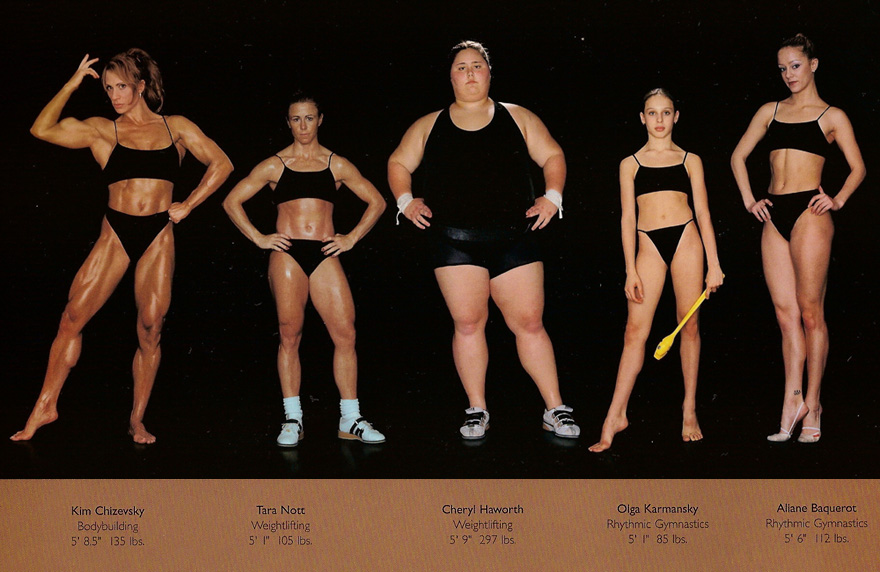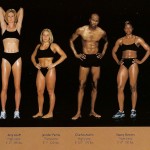After yesterday’s post on the female athlete who’s been banned from competition for having too much testosterone, several commenters asked what criteria I would use to distinguish male and female athletes, in lieu of the testosterone titer test. Jake wrote:
I feel like you’ve skipped the most important part though. What the IOC is really saying is that they’ve picked a definition of what it means to be eligible to compete in women’s sports, and that definition includes some constraint on hormone levels. Don’t you need to offer an alternative suggestion for what it means to qualify for women’s events in order to criticize where they draw the line?
Forget about defining “intersex or of ambiguous gender as deficient and requiring treatment”- we have a category called “women’s sports” and we have to apply the “eligible” or “not eligible” label to every human individual. What is your proposed rule of applying that label? (or alternatively, do you propose abolishing the category altogether?)
There’s been a lot of discussion in the comments about possible tests: checking for the SRY gene, chromosome typing (but mind the Klinefelter’s), etc. I’d actually go with a much more boring, less scientific one. Has the athlete lived as the gender ze wishes to compete as for the past X years. The IOC rules on competition for trans athletes specify two years (though of hormone treatments, not personal identification). (At that link, I also discovered that the International Quidditch Association uses my standard of self-identification).
Basically, I expect gender fraud is a lot like in-person voter fraud — rare enough that the policing work harms more people than the actual deception. There are very few Heinrich Ratjens, and even he wasn’t engaged in outright fraud. He was intersex and had been raised as a girl prior to his Olympic performance. I’d rather let athletes like Dutee Chand race, and would gladly trade off the risk of someone deciding to fake their gender identification for their whole life in order to compete.
On Facebook, the thread turned into a question about why we were trying to preserve the two-sport system, split by gender, at all, and whether our aims (whatever they were) would be served by any rule that resulted in “median” women (with regard to female hormones/biology/etc) being shut out of the highest echelons of competition by intersex/ambigously sexed/long tail women.
I’m perhaps not the most qualified to opine, not caring much about sports, but I think that women like Dutee Chand, regardless of her genetic/hormonal balance, have something in common with me, that makes me see her as someone “like me” when I see her racing. Because Chand identifies and lives as a woman, she is subject to all forms of gender-based discrimination that I am. There’s a solidarity there that I would not feel if she identified and lived as a man. She satisfies the representational goals of women’s sports for me.
And why seek specifically to have women included at all? Why not just have ‘Open’ Olympics? Well, I have two answers to that question. The first is that there’s a long history of women’s sports being underfunded and actively discouraged, so, without tournaments, role models, leagues specifically for women, even extremely exceptional, Billie Jean King-women would have a hard time getting the support they need to get to the top.
The second issue is that we tend to undervalue strengths/skills that are more common among women than men (just as we tend to undervalue women-dominated professions). So I expect there would be a tendency for “Open” sports to drift toward strength over agility, etc. Having certain sports or competitions reserved to women makes it easier for certain types of physical excellence to shine. (Though there are problems with women-only sports, too, cf the critiques leveled at the strength-over-litheness figure skaters).
Look again at the image at the top of this post. There are a wide variety of ways for women (and people generally!) to be strong. But, when we don’t highlight some statistically typically women’s strengths as strengths, they’re more prone to be neglected, and less available for man and women to admire and emulate.

















